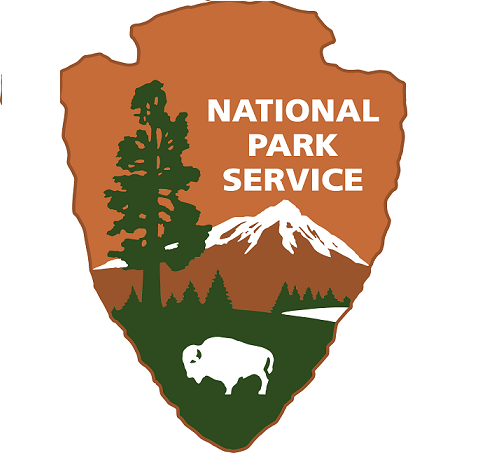The National Park Service was already 50 years old when the Oral History Association was in its infancy, and park service employees had been conducting oral history interviews for years, beginning in 1948, by collecting stories from workers at the Vanderbilt Mansion, now a national historic site in Hyde Park, New York.
Over the years, the park service has used oral history interviews to document park service administration, the cultural history of parks and, increasingly, to document lives of people associated with park service sites, such as Tuskegee Airmen National Historic Site, Rosie the Riveter WWII Home Front National Historical Park and Manzanar National Historic Site.
And oral histories also are helping the park service document how the role of parks has changed during the park service’s second 50 years, in the wake of environmental protection laws, park expansion and changes in employee demographics, NPS oral historian Lu Ann Jones told an OHA conference roundtable.
Allison Steiner, a wilderness ranger at Point Reyes National Seashore in Marin County, California, described a 5-year-old oral history project conducted by the Association of National Park Rangers, a private, nonprofit group of park service employees and retirees. The project, in which younger employees interview older and retired employees, has tapped into a storehouse of information in the experiences of the park service’s workforce, more than half of whom are retirement eligible, she said.
The interviews also have revealed critical management shortcomings, she suggested, such as inadequate training for events like park fatalities and inadequate responses to allegations of workplace violence.
One female park superintendent who was interviewed said that NPS management ignored charges of sexual harassment and suggested that the park service is like a family that keeps its secrets.
Steiner noted that the oral history interviews may provide a safe place for park employees to break that cultural silence and said the park ranger association is considering ways to use the oral history interviews to advocate for park employees.
Jones, who has interviewed 30 park service employees in the National Capital Region, said oral history interviews have brought to light important changes in park service culture, paralleling changes in the broader society.
She recounted an interview with Tina Short, an African-American woman who became a ranger at Fort DuPont National Park. Short recalled that as a child she met a mounted ranger at the park and was determined to become one, too. “I wanted to have a horse and a hat,” she said. But a teacher told her the park service “didn’t have colored people or ladies.”
Eventually, of course, the park service had both, and Short, as well as her daughter, became national park superintendents.
Jones has used park service oral history interviews to create a series of podcasts called Centennial Voices to increase public access to the interviews, which also are being incorporated into employee training.
Laurel Munson Boyers, a mounted back-country ranger in California’s Yosemite National Park, was the park’s first female wilderness ranger in the 1970s. “It was a man’s world back there,” Boyers said, noting that women previously were blocked from the job because people believed they weren’t strong enough to saddle a horse. Some people expected her to fail, Boyers recalled, but she didn’t, and ended up spending her entire career in the park. Listen to the podcast here: https://soundcloud.com/npsoralhistory/laurel-munson-boyers-and-women-in-the-national-park-service
In sharp contrast to the life of a wilderness ranger, Jodi Morris is a park ranger at Little Rock Central High School National Historic Site in Little Rock, Arkansas, the only public high school that is part of a national park site. The school was a landmark in the school desegregation battles following the Supreme Court’s 1954 Brown v. Board of Education of Topeka decision. Nine African-American students desegregated the formerly all-white Little Rock school in 1957, and mob violence ensued. President Dwight D. Eisenhower ordered federal troops to enforce the desegregation.
Morris said that most of the exhibits at Little Rock are based on oral history interviews, which constitute the bulk of the historic collections. There was initial reluctance of the general public, she said, to participate in the park site’s call for people willing to share their memories of the desegregation battles.
But the park service increasingly has focused on opening dialogue with communities and on no longer portraying the person wearing the ranger hat as a know-it-all, Morris said.
Local volunteers and students in Little Rock social studies classes have been important interviewers of the Little Rock 9 and other community elders, she said, noting that greater involvement of people in local communities is important to national parks, which belong to everyone.
“We are the keepers of these sites,” Morris said. “We’re not the owners of them.”
